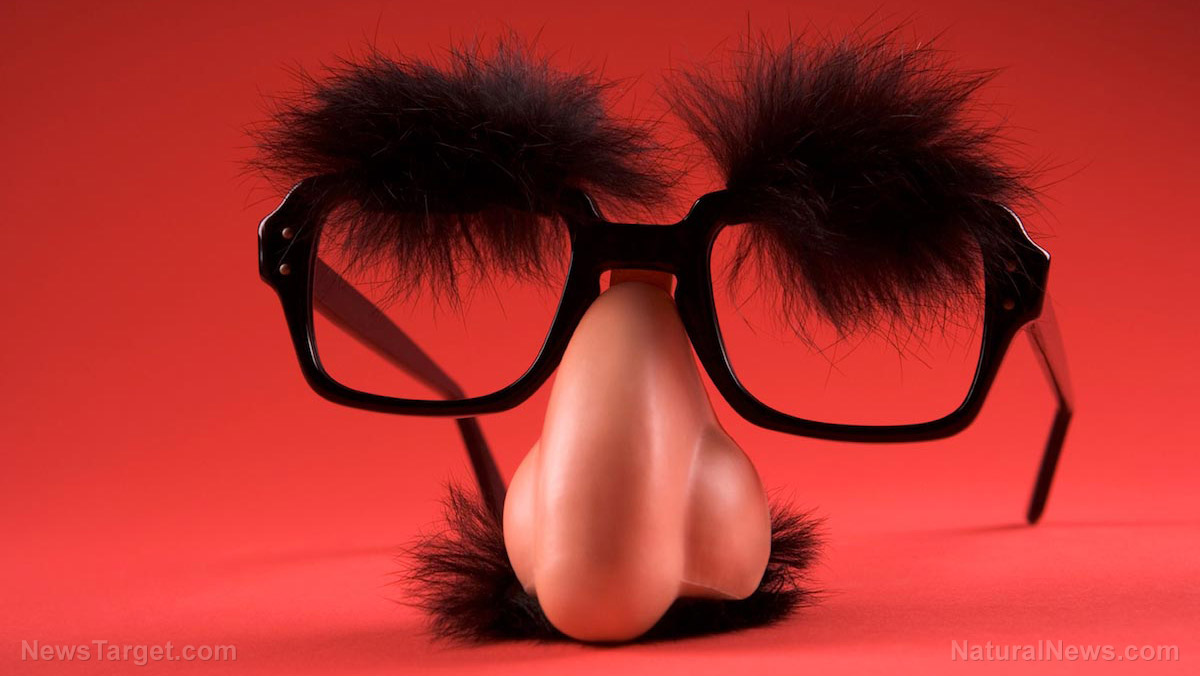
That said, how is it that olfaction develops? And if scientists can determine the developmental process, is there a way to enhance it, regardless of genetics?
A new study on mice models may provide clues to an answer.
Researchers Annie Liu and Nathaniel Urban found that feeding breeding pairs of mice with pellets infused with two odorants with distinctive smells helped enhance different but overlapping areas of the olfactory bulb in their pups. In turn, these mice developed a stronger sense of smell compared with their littermates. The pair decided to use methyl salicylate (which has the scent of wintergreen) and hexanal (which smells like freshly-cut grass) as their experimental factors. A third group was used as a control.
All mice were weaned onthe same diet as their parents. During this time, they were exposed to varying concentrations of eight different odors. Mice that were given one of the scented diets during gestation and early life exhibited stronger responses in a greater amount of mitral cells, which are the receptors that transmit scents to the other parts of the brain. Mice that were part of the control group showed no such clarity.
Of note is that this heightened effect did not seem to be dependent to any particular odor. Mice exposed to either scent developed a stronger response regardless.
Although small, this study has the potential to address olfaction development in humans. More research is necessary to prove this. Nonetheless, should scientists find a way to enhance our sense of smell, it could prove useful in a variety of industries.
Training the nose
It is easy to forget just how important our sense of smell is. However, we use this ability from the minute we are born to the day we die. Children are able to find their mother’s nipple and recognize their parents by scent alone, far sooner than they are able to see. Smelling helps us navigate and discover things.
Conceivably, one of the reasons we tend to discount smelling is that it is not as great as, say, our dogs'. There are several stories and medical reviews though that would suggest that this is not necessarily set in stone. An associate professor from Rutgers recently published a review which suggested that humans not only have a good sense of smell, but that it is an ability that can be trained -- much like a muscle.
The easiest way, according to olfactory experts, to remember scents and discern patterns among them is to connect them to a certain memory. It has been proven that scents are closely linked to how we speak and remember things. The scent of wildflowers in a garden, for example, can make you remember that time you played with your mother when you were young. Find your own “smelling” language and start smelling intentionally -- that seems to be the key here. Professionals who have studied this topic say that our “weakened” sense of smell is merely because we don’t practice it.
Mastering the sense of smell
It does take some time, but people can develop their olfactory senses. It can reach the point where a person can pinpoint specific scents and odors related to a certain condition. One such case was an elderly woman who was able to smell her husband’s Parkinson’s disease. Joy Milne claims that she was able to detect subtle changes in how her husband smelled six years before he was diagnosed with this debilitating condition. When she noticed that some other people she was meeting had the same distinct odor, she realized that she could smell the onset of Parkinson’s disease.
Scientists were intrigued by her claims and decided to test her ability at Edinburgh University. They saw that she was very accurate. Researchers say that this could be used to help change preventive and detective measures for certain medical conditions. (Related: Women can smell STD infection in men, reveals new science.)
You can find more stories like this one at Research.news.
Sources include:
Please contact us for more information.























